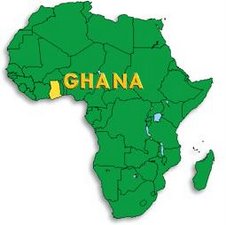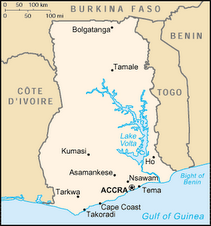For eleven years I have worked in a four hundred bed Sub-Sahara hospital where needed improvements can only come about through outside funding. The developing country in which the hospital is located cannot afford the cost for these basic improvements. Three main problems are lack of water, lack of oxygen and the cost to the patients for treatment.
The hospital does not have a consistent water supply which causes the inability to sterilize instruments and wash gowns, thereby shutting down surgery. Lack of water prevents laundering of sheets and towels making it impossible to treat patients with diarrhea and prevents patients from bathing and using the toilets, all of which break and are rarely repaired.
Oxygen supply is irregular. After weekends, during which many accident cases occur, oxygen is never available. Surgical cases, even life threatening emergencies, are cancelled. I have bought my own tank of oxygen which I keep to use when needed.
Many times the hospital does not have medications or the patient does not have insurance and the patient’s family has to go to town to purchase the drugs. X-rays, ultrasounds, lab tests, Foley catheters and plates for fracture stabilization must be paid for prior to a procedure being done. Frequently family members contact their village for money which takes critical time and results in delay of care.
This emergency patient had a possible injury to his blood vessels. Because his family could afford to pay for a computer tomography x-ray which did not reveal any injury he was able to avoid surgery.
This emergency patient had a possible injury to his blood vessels. Because his family could afford to pay for a computer tomography x-ray which did not reveal any injury he was able to avoid surgery.








